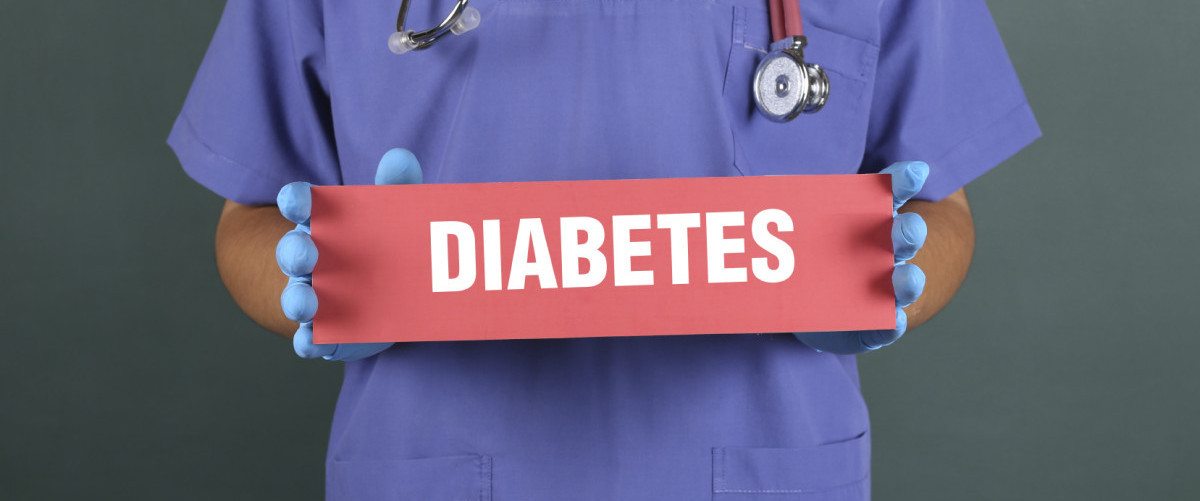University at Buffalo’s Gene Morse spoke on the potential therapeutic role medical cannabis could play in treating diabetes and nervous system disorders at the 22nd Annual International Diabetes Conference, which ran April 28-30, 2016.
University at Buffalo’s Gene Morse recently made a trek to Jamaica for the 22nd Annual International Diabetes Conference to lecture on cannabis’ role in the treatment of diabetes. The director of the Translational Pharmacology Research Core at the university’s Center of Excellence in Bioinformatics and Life Sciences was recognized at the event with the association’s Sir Alister McIntyre Distinguished Award for outstanding contribution to the medical sciences.
The recipient of 23 awards and honors, Dr. Morse has been involved in clinical trials related to cannabis extracts and their potential medicinal properties. The theme of this year’s three-day conference was how the compounds found in cannabis can be used to treat diabetes and nervous system disorders. Following the presentation of his award, Dr. Morse gave a distinguished lecture on “Innovation in Translational Research for Global Cannabinoid Drug Development.”
Most of Dr. Morse’s research and education efforts have revolved around HIV and AIDS. Recently, he narrowed his focus toward how cannabinoids and medical marijuana can help in the treatment efforts of the virus. Research shows cannabis helps patients manage the adverse effects of HIV and AIDS treatments. Findings in one study even suggest cannabis may help curtail the spread of the virus in its late stages.
“They way [cannabis-based drugs] were developed for HIV/AIDS initially was almost palliative for people who were very, very sick and needed some calming in their life,” Dr. Morse said. “Now I think these compounds will be developed more specifically to target things like the immune system. The more I’m reading about them, the more they have pharmacological affects that can be helpful for other diseases.”
Research has found cannabis use to have an inverse association with diabetes. One compound in particular, cannabidiol (CBD), has been shown to reduce the incidence of diabetes and the number of pro-inflammatory cytokines in the bloodstream. Tetrahydrocannabinol (THC), another cannabis compound, has demonstrated the ability to lower the risk of diabetes by reducing glucose intolerance, improving glucose tolerance, and increasing insulin sensitivity.
Since 1996, 24 U.S. states and the District of Washington have adopted medical marijuana legislation. However, despite the scientific findings, none have approved medical marijuana for the treatment of diabetes. Most states do allow medical marijuana for chronic pain, a symptom commonly associated with diabetes. Internationally, legal medical cannabis spreads, as countries like Canada, Colombia, Czech Republic, Germany and Italy have adopted comprehensive marijuana legislation. Furthermore, historically cannabis-opposed countries like Mexico and Brazil are allowing the legal import of CBD for specific conditions. Most recently, the state of Tasmania in Australia legalized medical cannabis for the treatment of chronic conditions like diabetes.
“Many countries are making [medical marijuana] available through dispensary systems and patients already are getting access to it,” Morse said. “At the same time, companies are doing the research and development needed to get more formal regulatory approval.”
Dr. Morse plans to continue his studies into medicinal cannabis. He’s recently taken on the role at UB as director of its new Center for Integrated Global Biomedical Sciences, which he believes will serve as a global coordinating center for medical marijuana research.
“We’re hoping the UB center will be able to collaborate with other countries that want to do this work but might need capacity building or tech transfer or direct collaborators on how to do the research,” he said. “When it eventually gets in place, it could be a huge center.”
Other cannabis-related lectures presented at this year’s Annual International Diabetes Conference included Clinical Dietician Marsha N. Woolery’s discussion on “the use of cannabinoids in the nutritional management of diabetic neuropathy” and Doctor of Pharmacology Jeff Lombardo’s explanation of “CBD’s effect on pancreatic islets.” Dr. Wayne McLaughlin presented on the “potential of Jamaican-grown cannabis sativa sp. for the treatment of diabetes neuropathy” and Dr. Mark J. Rosenfeld spoke about by “making cannabidiol an effective type 2 diabetes therapeutic.” On the final day of the conference, Dr. Marcia Williams presented “a review of current research on the relationship between cannabis sativa and type 2 diabetes,” Dr. Donald P. Land offered a look at “medicinal cannabis and the morbidity spectrum of diabetics,” and Dr. Ngeh Toyang explained the “effect of cannabinoids and flavonoids from cannabis on glucose uptake [and their implications on] potential treatments for diabetes type II.”
This article may contain certain forward-looking statements and information, as defined within the meaning of Section 27A of the Securities Act of 1933 and Section 21E of the Securities Exchange Act of 1934, and is subject to the Safe Harbor created by those sections. This material contains statements about expected future events and/or financial results that are forward-looking in nature and subject to risks and uncertainties. Such forward-looking statements by definition involve risks, uncertainties.






